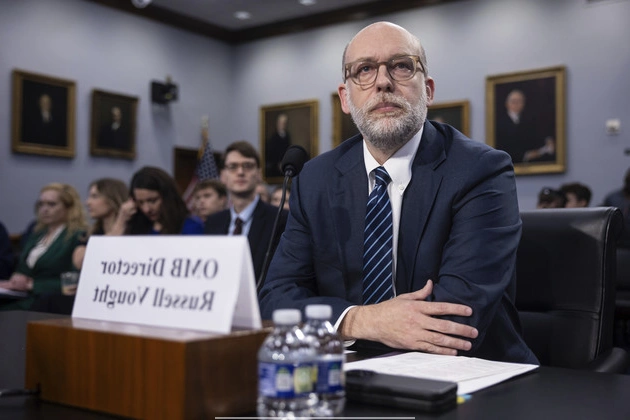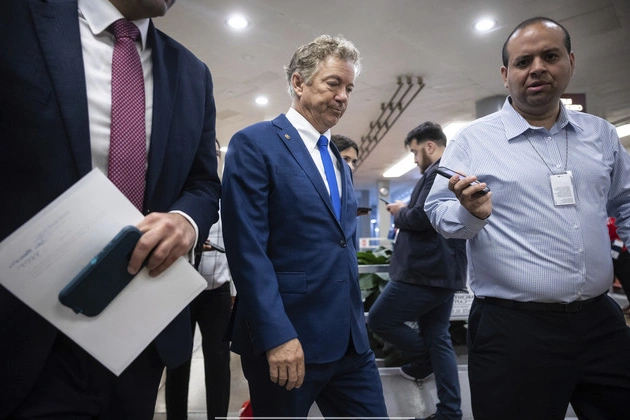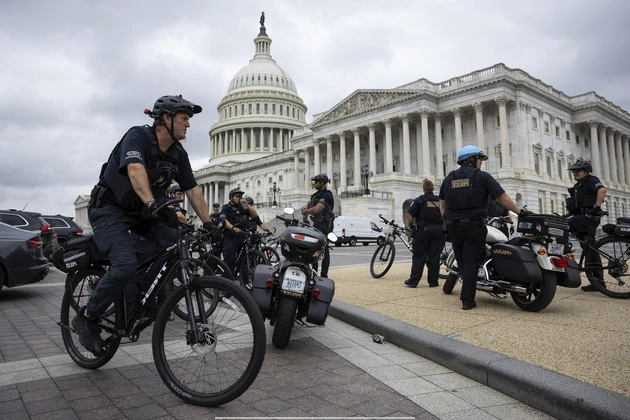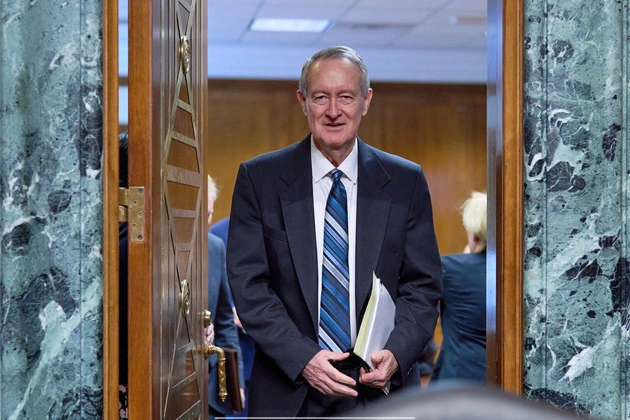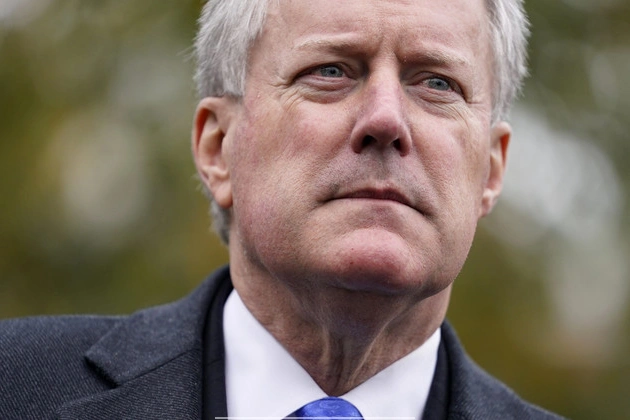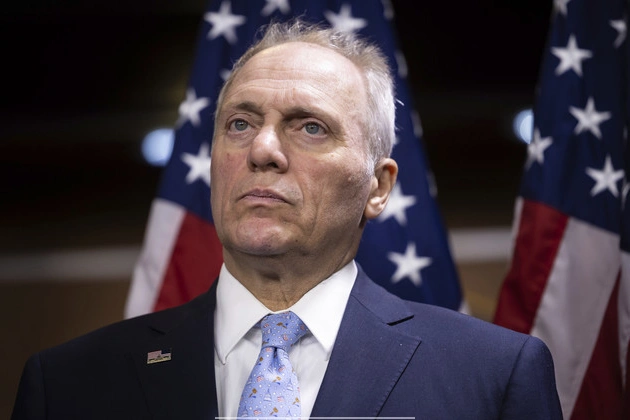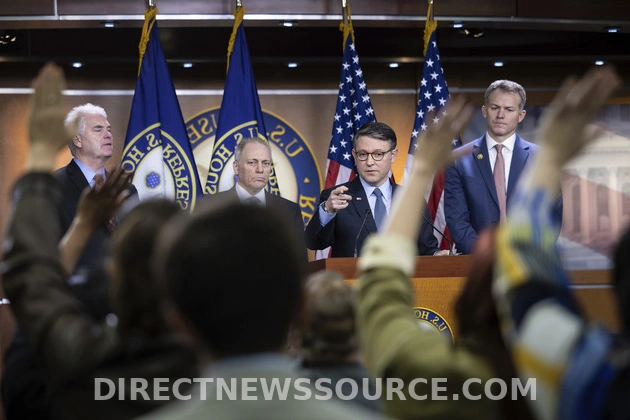
An emerging spending agreement has reignited conservative backlash at a crucial juncture for Speaker Mike Johnson.
With the House speakership vote looming in less than three weeks, Johnson faces the challenge of securing strong support within his party. He presented a three-month temporary funding bill during a closed-door conference meeting on Tuesday morning. Initially, his previous critics were willing to accept the plan until Johnson introduced additional components to the package in the past few days, such as financial aid for farmers and disaster relief funds.
While these inclusions are anticipated to unite rank-and-file Republicans and garner the necessary Democratic support to prevent a holiday shutdown, they have stirred discontent among conservatives advocating for budget cuts. Some conservative lawmakers hesitated to confirm their backing for Johnson as the next speaker, raising doubts about potential opposition to his reelection.
Rep. Ralph Norman (R-S.C.) of the Freedom Caucus expressed uncertainty regarding Johnson’s ability to avoid a contentious speakership battle, stating, “I like Mike. I’m frustrated with the outcome.” Another member, Rep. Eric Burlison (R-Mo.), criticized the proposed spending deal as a “total dumpster fire” and “garbage.”
Despite these reservations, many Republicans believe that conservative dissent will subside, and Johnson will secure their support on January 3. Rep. Chip Roy (R-Texas) attributed the package’s shortcomings not solely to Johnson but to the entire House Republican conference, emphasizing the need for unity. A conservative legislator, speaking anonymously, highlighted that a short-term funding bill might not be worth challenging President-elect Donald Trump over, underscoring the party’s desire to avoid friction with the incoming administration.
The delicate balance Johnson must strike in accommodating the diverse demands of his party becomes apparent in the current spending dispute, particularly as Republicans aim to advance key policy initiatives in the coming year. The looming threat of a prolonged standoff over the speakership complicates Johnson’s task, given his narrow margin for error in navigating the varied interests within the GOP.
Concerns over the impending spending bill were raised during a House Freedom Caucus meeting on Monday evening, where members pressed Johnson for details on the negotiations and concessions made. The reluctance to endorse the bill stems from conservatives’ aversion to comprehensive spending packages shortly before the holidays.
Addressing the concerns, Johnson clarified during a press briefing that the bill remains a temporary measure despite the additional provisions, emphasizing the federal government’s role in responding to unforeseen circumstances. Failure to secure majority support for the spending deal could jeopardize Johnson’s prospects in the speakership vote, although he remains optimistic about garnering substantial GOP backing.
Dismissing speculation about his future, Johnson asserted, “I’m not concerned about the speaker vote.” Even vocal critics like Rep. Marjorie Taylor Greene (R-Ga.) have affirmed their support for Johnson, underscoring the broader GOP backing he may receive.
Opposition to the spending deal extends beyond the Freedom Caucus, with Rep. Tim Burchett (R-Tenn.) planning to vote against it. Burchett advocates for separate votes on individual funding bills rather than bundling them together, a sentiment echoed by many conservative Republicans.
Critics like Rep. Steve Womack (R-Ark.), a senior appropriator, lament the ongoing reliance on short-term funding patches that fail to address the root issue of non-discretionary spending. Womack emphasized the urgency of addressing entitlement spending and expressed frustration over the lack of a comprehensive strategy to tackle the budget challenges.






